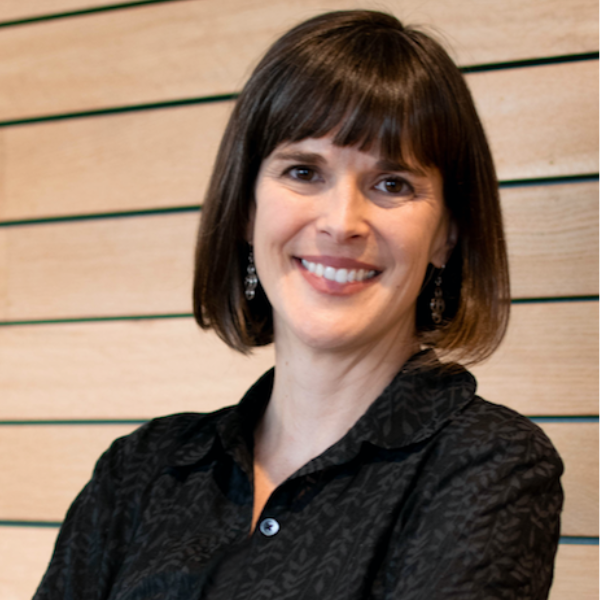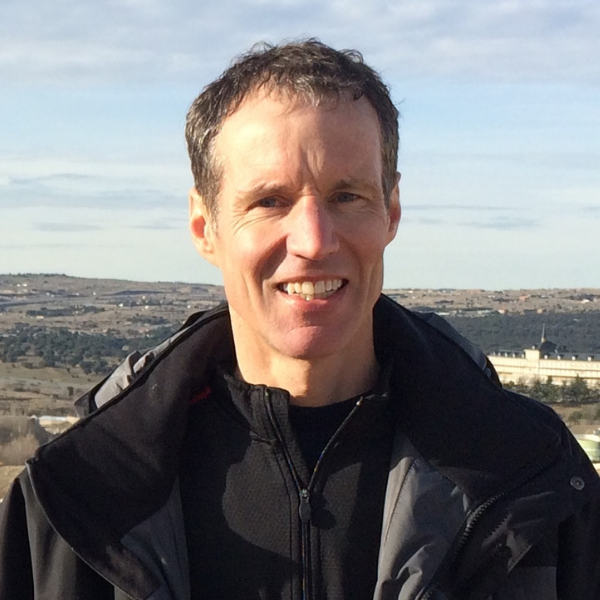RESEARCH
The College of Education is a statewide leader in research that informs teaching, counseling and higher education while promoting a more equitable future for all students and clients. Our scientific, cutting-edge techniques help to inform educational policy throughout Oregon and the United States.
AREAS OF FOCUS
CURRENT RESEARCH

Challenging the Differences Between Academic and Social Language
Dr. Amanda Kibler’s multi-decade collaboration with former doctoral students results in another groundbreaking article, on the durability of educators’ notions on perceived difference between so-called academic and social language. What continues as a partnership to learn from and study their own ESOL teacher education practices, the research group continues to inform the larger field around academic language, translanguaging, and deficit mindsets, this time on the complex reasons that educators hold onto teaching misconceptions, even in light of research and instruction.

Showcasing the Power of Pairing Modern Statistical Techniques with Technology-enhanced Pedagogy
Dr. Cass Dykeman continues propelling paradigm shifts in counseling research. In collaboration with colleagues from Western Oregon University, his new published study utilizes innovative Bayesian statistics to evaluate online learning for group counseling training. Findings validate substantial strengths of the novel pedagogical model for virtual psychoeducation groups, in developing their counseling competencies and technology-related practice skills.

Diversifying Polar Science
Dr. Hyoung Joon Park's research on COLDEX, an NSF-funded, multi-institutional Science and Technology Center (OSU as lead institution), is attempting to strengthen and diversify polar science. Dr. Park is investigating the impact of center activities and the projects’ emerging national learning community on the professional development (e.g., teaching and research practices) of faculty at minority-serving institutions, K-12 teachers, graduate and undergraduate students, and postdoctoral researchers. He is supervised by Dr. Jana Bouwma-Gearhart.

Researching Teachers' Efforts to Mitigate Inequities for Multilingual Literacies
Dr. Martha Garrett Sandstead investigates the ALK-8 project, a collaboration between Oregon State University’s College of Education and the Oregon Department of Education, supporting K12 educator-led projects designed to build students’ disciplinary literacies. She is researching teachers’ efforts to co-design solutions for mitigating inequities for multilingual learners, students experiencing disabilities, and others disproportionally impacted by the Covid-19 pandemic, as well as the efficacy of inter-organizational partnerships to support them. She is supervised by Dr. Melinda Knapp.

Studying Changes in Pedagogical Practices
Dr. Marcos Viveros Cespedes studies the BASICS project, a coalition of three universities supporting interdisciplinary faculty to create and implement novel transdisciplinary sustainability-focused curricula. He investigates the perceived value of the project and its influence on faculty innovation, with an emphasis on changes to their pedagogical practices, including curricular planning, inter-disciplinary and inter-institutional collaborations, and transdisciplinary teaching methods in their discipline-specific courses. He is supervised by Dr. Jana Bouwma-Gearhart.

Dr. Lucy Purgason and Colleagues Uncover a Culturally Sustaining and Strengths-based Approach for Support of Multilingual Learners’ Academic and Social-emotional Needs
With her intercollegiate research team including graduate students and a practicing school counselor, Dr. Purgason has published research that sheds light on the potential of interprofessional collaborations between school counselors and English for Speakers of Other Languages (ESOL) teachers, showing the benefits of these collaborations for multilingual learners. Funded by the Southern Association for Counselor Education and Supervision, the research suggests mitigation strategies for mental health issues exacerbated by the COVID-19 pandemic, including curricula to support students’ academic and social-emotional needs.